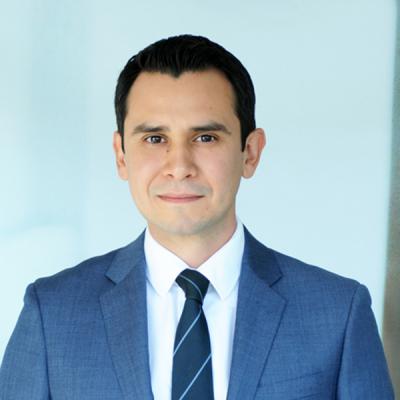Telephone and Texting Compliance — US Supreme Court Sends TCPA District Courts Back to Square One While Breathing New Life into the Fax Machine
In a new 6-3 opinion, the US Supreme Court has cast further doubt into TCPA litigation. The decade-old underlying case, McLaughlin Chiropractic Associates, Inc. v. McKesson Corporation et al., was filed after the defendant allegedly sent unsolicited faxes to medical practices, one of which was the plaintiff, McLaughlin Chiropractic Associates.[1] The plaintiff did not fare well at the district court level, where the Northern District of California decertified a previously certified class on the basis of the FCC’s Amerifactors declaratory ruling, where the FCC explained that faxes received through an online fax service did not trigger the TCPA.[2] The plaintiff’s fortunes did not change before the Ninth Circuit Court of Appeals, and the case made its way to the US Supreme Court. The Supreme Court explained the crux of the case:
As the parties here recognized, if the FCC’s Amerifactors order were binding on the District Court, it would undermine McLaughlin’s class-action lawsuit because McLaughlin defined the class to include plaintiffs who received unsolicited faxes through online fax services. . . . This Court granted certiorari to decide whether the Hobbs Act [which provides for preenforcement judicial review of FCC orders] required the District Court to follow the FCC’s legal interpretation of the TCPA.[3]
The answer? The Hobbs Act did not tie the District Court’s hands:
The Hobbs Act does not preclude district courts in enforcement proceedings from independently assessing whether an agency’s interpretation of the relevant statute is correct. Here, therefore, the District Court should interpret the TCPA under ordinary principles of statutory interpretation, affording appropriate respect to the agency’s interpretation.[4]
The Supreme Court went on to explain that in the event a preenforcement suit challenging an agency rule or order is not filed, or if a court of appeals upholds an agency statutory interpretation in a preenforcement challenge, the Hobbs Act does not bar district courts from concluding that a statute was incorrectly interpreted by the agency rule or order.[5]
In an enforcement proceeding, a district court must independently determine for itself whether the agency’s interpretation of a statute is correct. District courts are not bound by the agency’s interpretation, but instead must determine the meaning of the law under ordinary principles of statutory interpretation, affording appropriate respect to the agency’s interpretation. See Loper Bright Enterprises v. Raimondo, 603 U.S. 369, 402 (2024).[6]
The decision has a number of implications. In addition to breathing new life into the underlying litigation, and potentially TCPA fax cases more broadly, the decision infuses TCPA litigation with further uncertainty. With McKesson as the new backdrop, settling on a forum for TCPA litigation may become increasingly important as its ripples play out throughout jurisdictions and district courts decide what weight to accord FCC rulings and how to interpret the statute.
[1] McLaughlin Chiropractic Associates, Inc. v. McKesson Corporation et al., No. 23-1226, 606 U.S. __ (2025).
[2] In re Amerifactors Financial Group, LLC, 34 FCC Rcd. 11950 (2019).
[3] McLaughlin Chiropractic Associates, Inc., No. 23-1226 at 3–4.
[4] Id. at 4.
[5] Id. at 5–6.
[6] Id. at 7–8.
Authors



